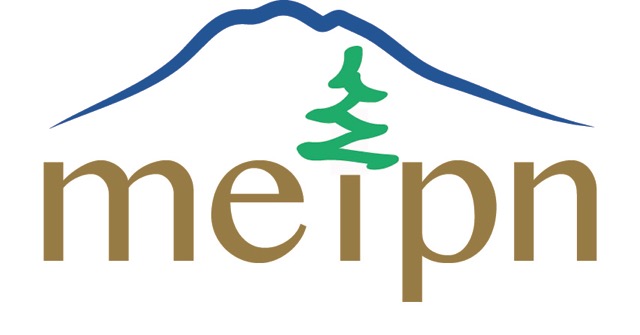Elementary Training
Give Children the Keys to The Universe
The Montessori Elementary curriculum offers children a remarkable framework for constructing their understanding of the interrelationships of all aspects of the living and nonliving world. Through storytelling, experiments and a rich collection of hands-on activities, children have the opportunity to go deeper and deeper in a series of lessons that spiral from simple to complex in every curriculum area.
Our MACTE accredited, AMS-affiliated Elementary I course gives you the knowledge and skills required to see these connections in a new way and to prepare and lead an authentic Montessori environment for children ages six to nine. The Elementary I – II course offers the additional curriculum foundation needed to work with nine to twelve-year-old students. If you have already received an approved Elementary I credential, you may take Elementary II only to earn an Elementary I – II credential.

Elementary I
Academic Phase
The academic portion of the Elementary I course requires 356 contact hours of instruction. This does not include the prerequisite Child Development or the Early Childhood Overview. 174.25 hours of this content is delivered online, and 181.75 hours will be delivered in-person on the MEIPN campus or via Zoom meetings. The summer academic phase of the program begins in June each year though it is possible to start the overview at any time of the year. MEIPN classes include Philosophy, Curriculum Strategies, Classroom Leadership, Language, Math, History, Geography, Life Science, Physical Science, Music, Movement, and Art. For course, descriptions see MEIPN Student Catalog
Elementary I - II
Academic Phase
The academic course work to extend an Elementary I credential through sixth grade requires 236 contact hours of the instruction following the Elementary I. 144.75 hours of these courses are delivered online, and 91.75 are delivered in residence. The total hours for Elementary I and II together is 592.
Courses include additional work in Philosophy, Observation, Classroom Leadership, Curriculum Strategies, Language, Math, Geometry, History, Geography, Life Science, Physical Science, Fine Arts, and Practical Life. For course, descriptions see MEIPN Student Catalog

ELEMENTARY PREREQUISITES
Child Development Course Requirement
A 3 to 5 quarter credit college course in Child Development, passed with a grade of B or higher, is required of all Elementary students. The course must cover physical, intellectual, social, and emotional development from the neonatal period through at least middle childhood. Ideally, this requirement is met before the start of the training program. Contact a course director for suggestions if you have not completed it.
Early Childhood Overview Requirement
Required of students without an AMS recognized Early Childhood Credential only. The overview course covers Early Childhood Montessori Philosophy, Practical Life, Math, Language, Science, and Cultural subjects and is available as an online self-paced independent study which may be started at any time.
Practicum Phase
The practicum experience allows you to observe a good model of the Montessori method in action and to practice what has been presented in class. Ideally, you will be working under the supervision of an experienced, credentialed Montessori teacher. In special cases, you may be working as the lead teacher in the classroom. This will extend your internship to two years.
Only one practicum year is required for an Elementary I – II credential at either the E-I or E-II level. See Elementary I for additional information.


Duration
The practicum requires approximately seven hours per day and five days per week of experience in an approved Montessori Elementary classroom for an entire school year. The classroom may be either an Elementary I or an Elementary II classroom. This totals a minimum of 1260 hours of class preparation work, teaching, cleanup, meetings, parent conferences, etc. Experience gained before undertaking the academic portion cannot be counted towards your practicum.
Choosing a Practicum Site
Interns choose their practicum site, but program staff members are happy to advise. The site must comply with the requirements listed on the Practicum Site Agreement and the Supervising Teacher Agreement so do review those requirements before your search. Schools that have not hosted a MEIPN intern in the past need to be pre-approved by MEIPN. See the MEIPN Student Catalogfor more information on the Practicum and contact a director for suggestions on how to go about this.

